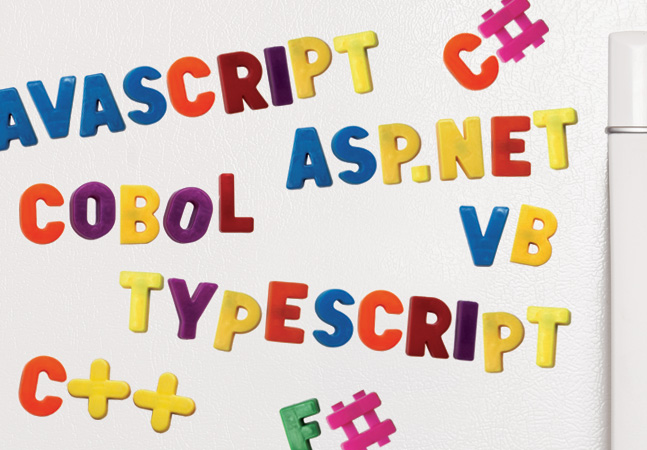
The .NET Framework has two collections that will guarantee your items are always sorted whenever you process the collection. Here's how to choose between the two and how to control the sort order (including supporting duplicate entries).

Now that you know how to use them (see Part 1 if you don't), it's time to create custom ones.
- By Jason Roberts
- 03/26/2015

Peter's convinced you're not using Shared and static members enough, but then he's also convinced that none of you know about all the ways you can use those two keywords.

You don't have to give up on creating dynamic queries just because you're using Entity Framework. Entity SQL and ObjectQuery will let you generate queries at runtime and still let you update your data through Entity Framework.

You don't need to worry about keeping your current job -- it will be gone, eventually. What you want to worry about is keeping your next job. That means developing the right skills to the right level for the package you intend to provide to employers.

Here's the simplest possible code for creating a custom collection class in the Microsoft .NET Framework that includes support for For…Each loops, an indexer method and initializing collections with {…}.

Be triple sure your code works by augmenting your test platform. This nifty open source library will do that.
- By Jason Roberts
- 02/12/2015

There's no right answer to "What technology should I learn next?" But there is a way to manage your skills to maximize the return you get from them.

You don't have to give up using dynamic SQL just because you're using Entity Framework. The Entity Framework SqlQuery method will give you back the flexibility of dynamic SQL and still let you work with your data in an object-oriented way.

If you really want to take full control of the exceptions you pass to your clients, you can write your own Exception class. Here's how to do that, complete with support for additional properties.

A complex ASP.NET MVC form can drive you to a big, ugly action method that handles all the functionality the page offers. The ActionMethodSelector provides a clean way to separate that logic over multiple methods, provided you understand a key distinction of which many ASP.NET MVC developers aren't aware.

If you're creating an XML document and want to write code that you'll actually be able to maintain … well, it may be time to learn a little Visual Basic, just so you can use XML Literals. It's a good solution even for C# shops.

Peter shows how a Visual Studio database project can make you more productive when making changes to your database. But a database project also gives you a variety of tools to let you keep track of what those changes are -- which will make moving those changes to your production environment considerably safer.

The developers building new applications are very nice people, of course. But the real heroes of the programming world are the developers maintaining and extending existing applications.

Peter learns something by listening to readers: Visual Studio database projects provide a great environment for making changes to your databases. Here's a brief introduction about how they'll make life easier for you and all the steps for setting one up.